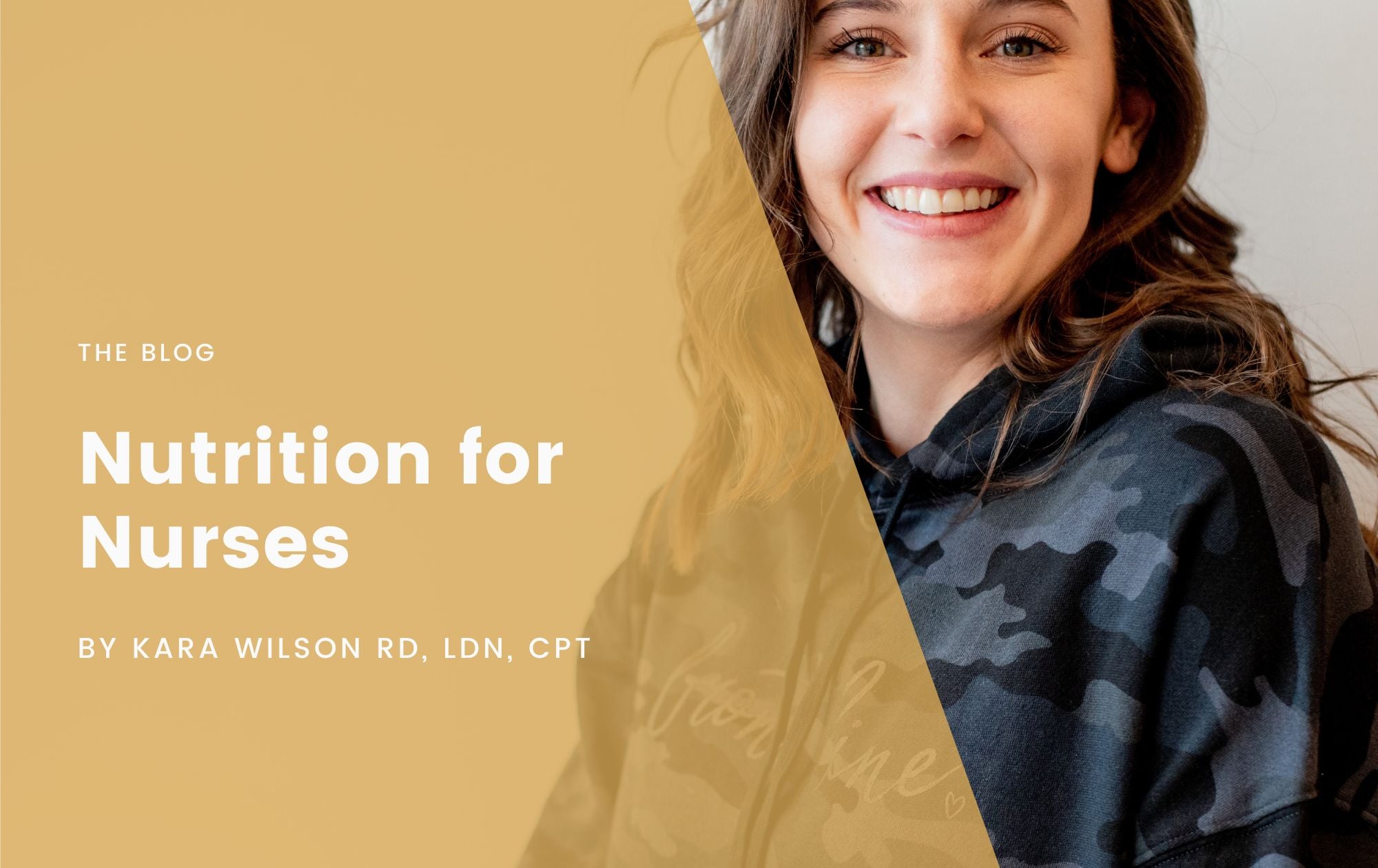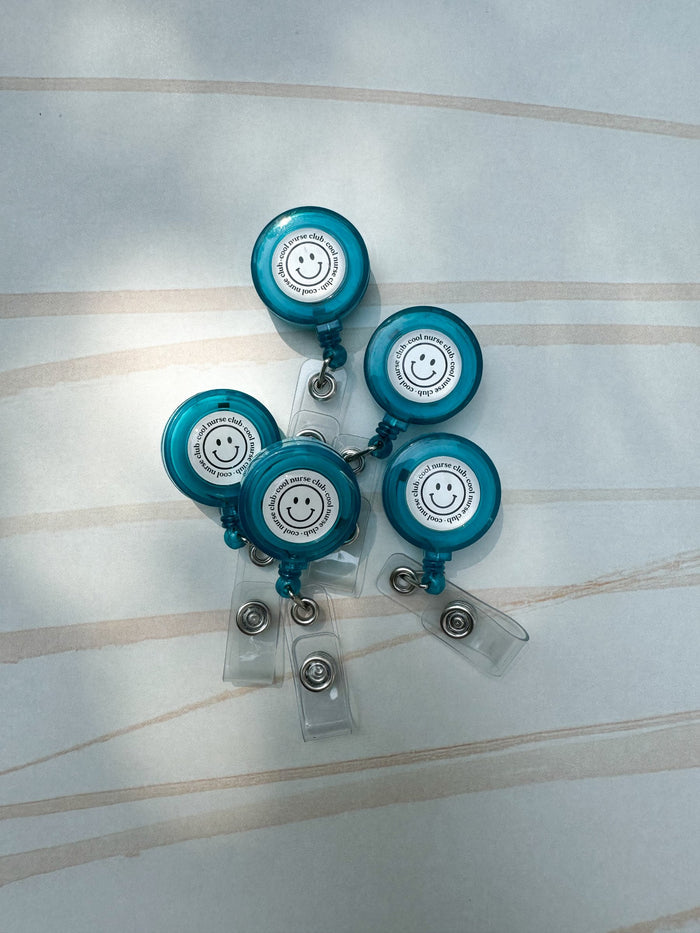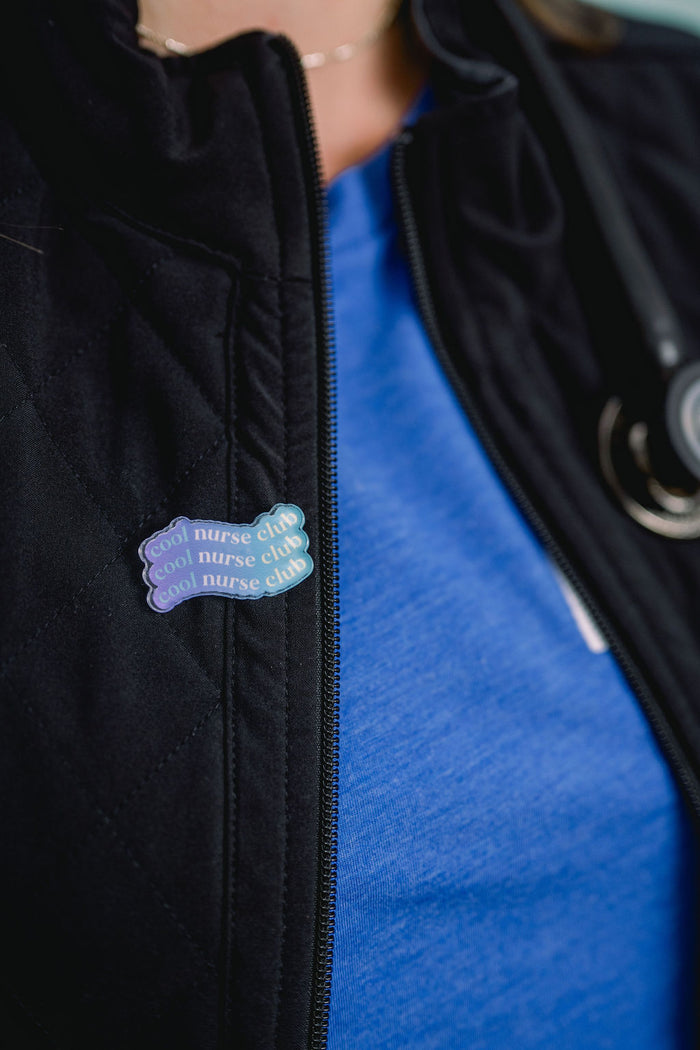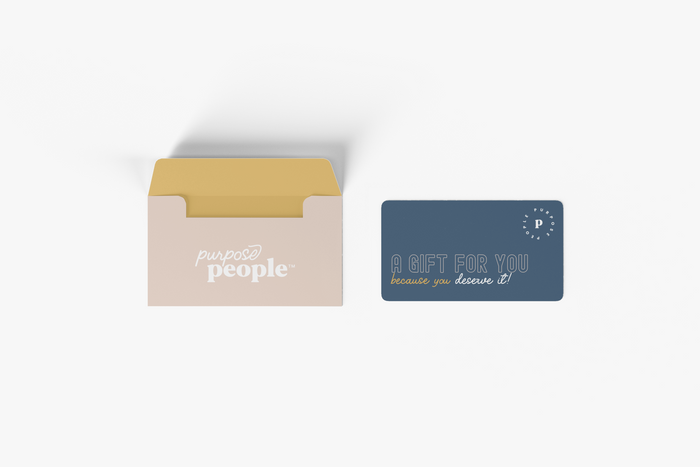
Nutrition For Nurses
I’m a registered dietitian working in the clinical world like you and I often feel stressed, burned out, and like my habits aren’t anywhere near perfect but you’re a nurse so I can only imagine that what I see and do in my work days are only a tiny fraction of what goes on in your 12 (sometimes 14-16) hour shifts. Working in the hospital, I get to work alongside some incredible nurses! I mean, I am truly in awe when I watch them work. From being in an environment with nurses everywhere, I started to notice some things and they made my heart ache.
I noticed nurses hustling for hours, caring for complete strangers, working without breaks sometimes, putting out fires left and right, showing compassion and empathy for people on their worst days and some on their best, but who was caring for them? Who was making sure that they got a second to catch their breath or go pee or gulp down some water or eat lunch in peace so they didn’t wind up having a hypoglycemic episode themselves?
Nurses deserve to be cared for just like they care for their patients at every shift and beyond. YOU deserve that! So I decided to be that person in the way I knew how and that’s by feeding people! Just kidding… kind of.
But really, you work tirelessly to help people feel their best, so shouldn’t you feel amazing too?
Between the snack foods in the breakroom and emotional eating from the stress of your job, it can feel challenging to eat healthy meals and exercise. It’s not impossible, though. I’m sharing my top 5 dietitian-approved ways that will help you thrive as a nurse! Besides, we’ve all heard the saying, “You can’t pour from an empty cup,” and filling your cup starts with taking care of your mind AND body!
Mindset
Nursing is a high-stress, fast-paced career. You see things that have become “normal” to you over time but they’re really not normal at all to everyone else outside of the healthcare world. You’ve watched new life come into this world and you’ve seen people take their last breaths. These things can take a toll emotionally even on the strongest of nurses. So managing your stress and emotions is the very important first step to living a healthier lifestyle and reaching your nutrition goals! Stress plays a huge role in your metabolism. No number of salads or sit-ups will help you reach your goals if you don’t get control of your stress and emotions first! Some things that can help you wind down after a stressful shift are journaling out the events of your day, calling a friend on your drive home, meditating for 5 minutes in your car before you leave the parking lot, or seeing someone you trust for help like a licensed therapist. Whatever you do, just know that you are not alone and there are lots of nurses feeling the same you are right now. Nursing is hard and then a global pandemic was thrown your way too. Give yourself some grace as you navigate this crazy, unpredictable time!
Rest
Your sleep needs to be non-negotiable. I know this might sound impossible, especially with working days, nights, and in COVID land… but 7-9 hours of sleep per night (or day for you night shifters) is a must!! I’m not saying it’s easy because I struggle with it too, but getting at least 7-9 hours of sleep helps your mental health, your muscles repair, and hormones heal just to name a few vital functions. As my mom who is a nurse of over 25 years says - sleep is a nurse’s best friend! Getting enough sleep between shifts will also help you not feel like a zombie on your days off which makes for a more productive off-shift nurse. If you have a hard time winding down after a stressful shift, there are some tools that can help like deep breathing or meditation, no phone or screens for 30 minutes before bed, lavender pillow spray, an eye mask, blackout curtains, and a colder room. You deserve to have the best sleep of your life everyday!
Nutrition
Here’s the meat and potatoes (literally) of nutrition for nurses! But first I want you to remember that you never have to feel guilty for something you ate because the stress that causes is so much more damaging to your health than a donut, cookie, pizza, or fried chicken will ever be. Okay, so there are 3 important components to building a balanced meal: 1) Lean Protein, 2) High Fiber Carbs, and 3) Veggies. Follow this method for 80-90% of your meals and you’ll be good as golden! This can look like a spinach salad with quinoa and salmon, whole wheat pasta with chicken breast and a side salad, or cabbage slaw and a brown rice stir fry with tofu. The options are endless and delicious when you focus your meals on those 3 components. Let’s chat about the 80-90% thing for a sec… That 10-20% is to account for life! Are you going to skip out on eating your own birthday cake? Nope! Are you going to feel guilty when you have to eat a McDonald’s breakfast sandwich on your road trip home to see family for the holidays? Nope! What about those shifts where your only break to eat is 30 seconds long and your only available option is a slice of pizza in the break room? That’s totally fine! Balanced nutrition is about building balanced meals 80-90% of the time but also being flexible for life’s curveballs.
Hydration
Unfortunately it is so easy for nurses to become dehydrated on shift, but that’s mostly because you’re so busy making sure your patients stay hydrated that you forget to do the same for yourself! You deserve the same level of care for yourself that you give to your patients and their families. This includes staying hydrated. You’re a nurse so you already know the importance of hydration. I don’t have to tell you that. The easiest way to get your fluids in while on shift? Bring a reusable water bottle that’s at least 24 ounces and has a straw, and drink 8 ounces of water for each hour you’re on shift!
Movement
This last one is something that we tend to overcomplicate when it’s really so simple! Movement is important for thriving as a nurse because it serves such a bigger purpose than just burning calories. I often refer to exercise or a workout as intentional movement because doing a workout can sound very tedious before or after a 12-hour shift. Intentional movement is simply any movement you do that is focused on de-stressing your mind and strengthening your body. Nurses are prone to back, shoulder, hip, and knee issues in their career from all the lifting and bending they do on a daily basis. Your career is not easy or for the faint of heart! Beginning to strengthen the muscles around those joints early on in your career is so important for thriving in a long nursing career! Movement is also meant to serve as a stress reliever, so if your workouts are causing you more stress than relief, then something has to change. The best kind of movement is the movement that you enjoy doing and the one that relaxes your mind and strengthens your body.
It is truly my passion and my mission in life to help nurses feel and look their best! You deserve to feel confident and comfortable after all the hard, messy, and selfless work you do! You can go from just surviving to THRIVING as a nurse by picking one of those components to focus on at a time! First mindset, then rest, nutrition and hydration, then movement. Taking small steps consistently will make a big impact in your life! For more nutrition tips to help you reach your health and lifestyle goals, follow along with me on IG @karawilsonnutrition where I’m giving away advice like it’s going out of style.
Nurse, I’m saying this from the bottom of my heart and at the top of my lungs, thank you so much for all that you do to keep your fellow humans safe and cared for during such difficult times and always!
Kara Wilson RD, LDN, CPT
Owner: Kara Wilson Nutrition, LLC / Founder of The SHIFT Program - 1:1 Nutrition Coaching for Nurses
IG: @karawilsonnutrition
Email: kara@karawilsonnutrition.com
1 comment
-
Thank you so much for this article. As somesome with a 1.5 hour commute, I’m packing breakfast, lunch, dinner, and snacks on my work days. I appreciate the tips, and more than anything the reminder to cut myself some slack :)
Bri on












